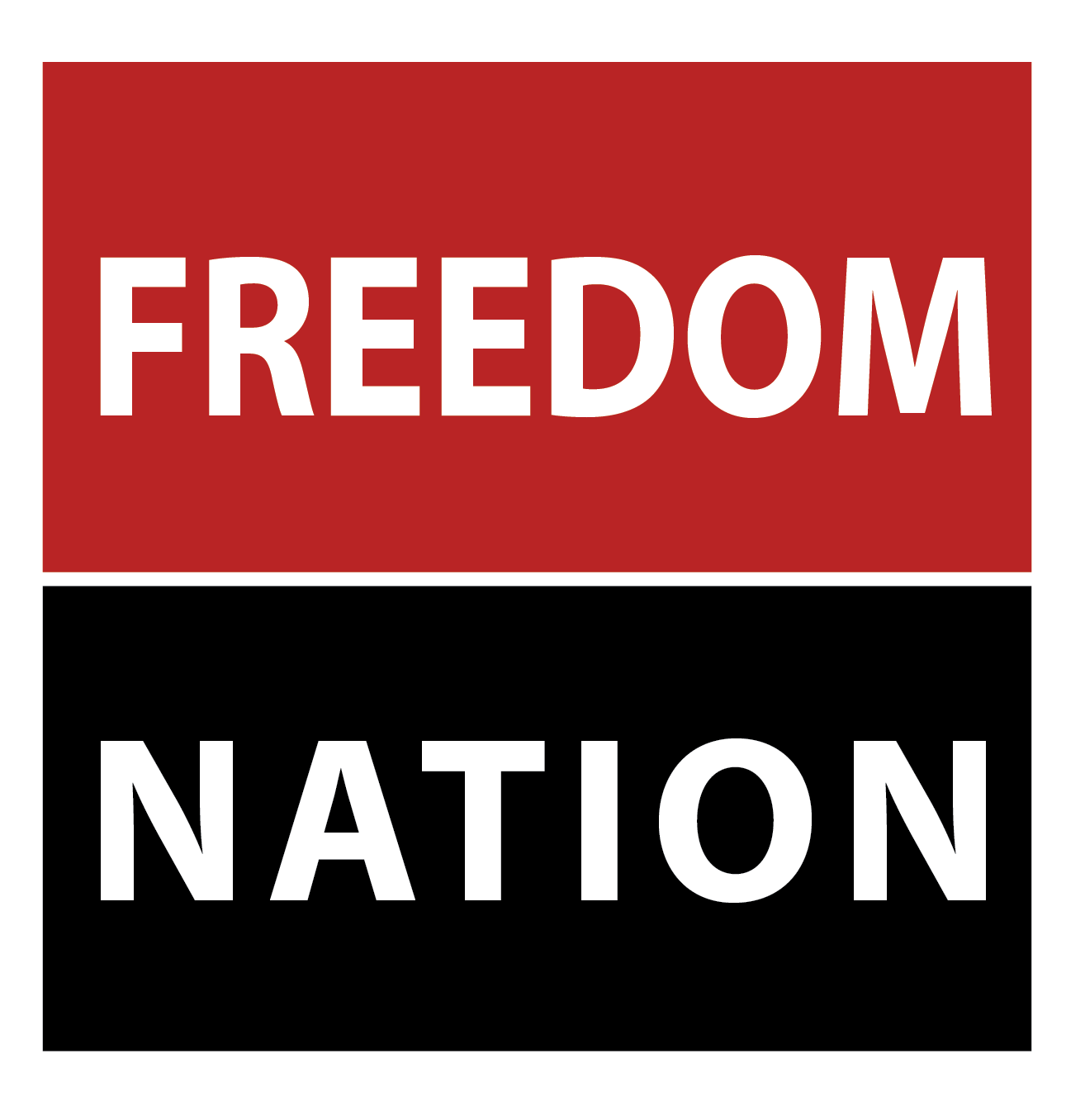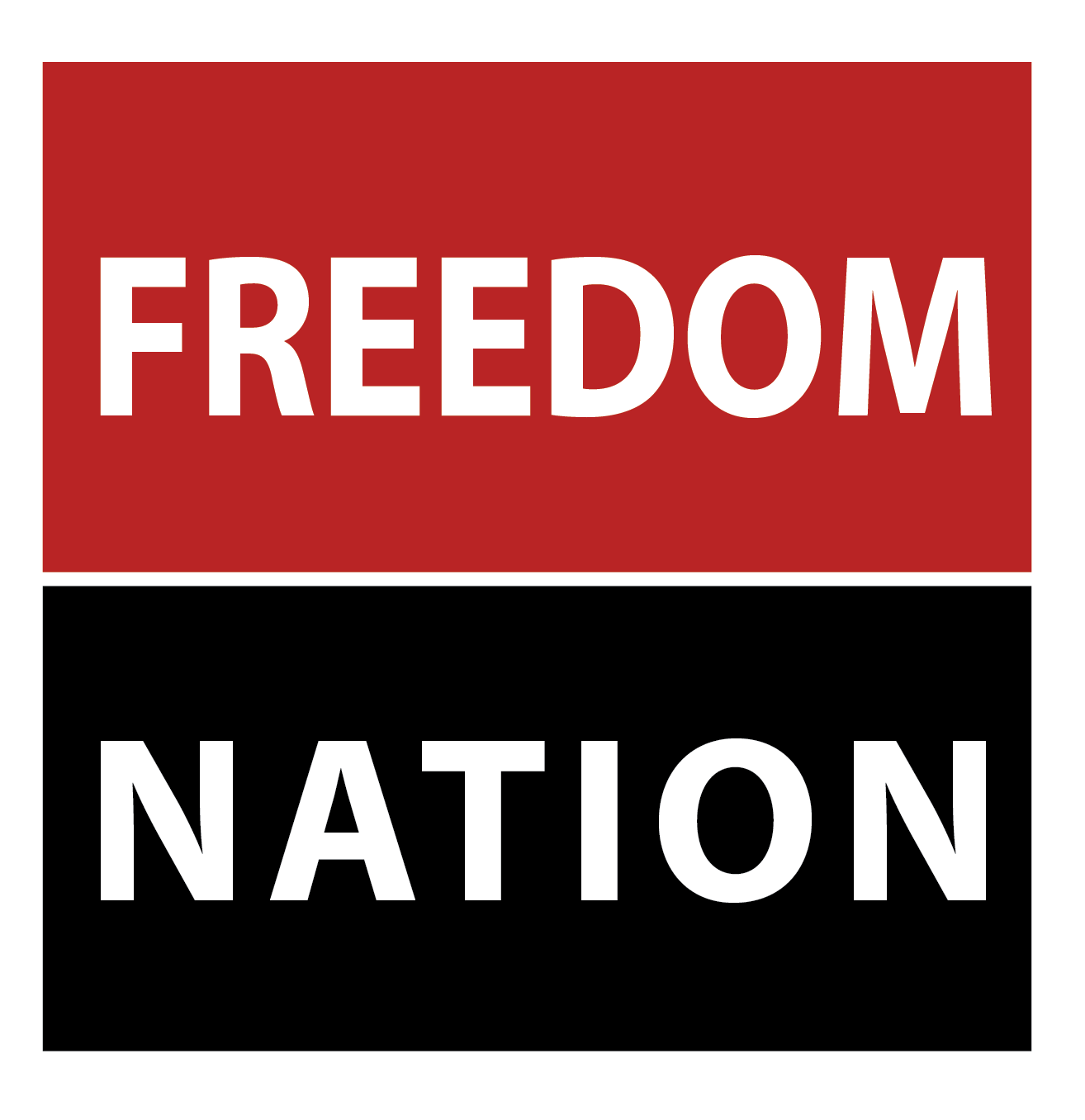Click here to view original web page at www.sundaymail.co.zw
Golden Sibanda
Senior Business Reporter
THE new dispensation’s rallying call, that Zimbabwe is open for business, has roused the interest of Indian investors amid indications that investment proposals from the Asian economic giant are growing at a fast pace.
Investment registrations by Indian investors appeared to take a plunge in 2016, after proposed investments dropped from 13 to seven, but shot up to 37 by the end of last year.
From January 2019 to date, registrations for proposed investments in Zimbabwe have hit 39, with expectations high that by the end of the current year, investment proposals from India will reach 50.
Last month, Indian Ambassador to Zimbabwe Rungsung Masakui noted that since January, registrations with investment authorities had reached 25. He was confident the number will double by year end.
True to that forecast, proposed investments from the Asian economic giant have already risen to 39, with most investors targeting agriculture, mining, SMEs, education and manufacturing.
“In 2016, there were 13 registrations with the Zimbabwe Investments Authority, which came down to seven in 2017.
“In 2018, registrations shot up to 37. As I speak, registrations are now standing at 39,” he said.
Since assuming power in November 2017, President Mnangagwa has declared that Zimbabwe is open for business. ln addition, Zimbabwe is targeting to achieve middle income status by 2030.
An improving investment climate saw Zimbabwe’s Foreign Direct Investment (FDI) inflows more than doubling from $349 million in 2017 to $745 million in 2018.
This tallies with the World Bank’s observations this year. According to the bank, Zimbabwe was among 2018’s top 20 improvers with regards to ease of doing business, alongside other African countries that included Kenya, Djibouti, Nigeria and Togo.
President Mnangagwa has pledged that Government will continue to create an enabling environment for the convenience of conducting business in Zimbabwe. This includes reduced costs of doing business and ensuring the country’s safety, attractiveness and competitiveness as an investment destination.
Ambassador Masakui said Indian firms that are already operating in Zimbabwe were also expanding their operations despite the challenging economic conditions.
Varun Beverages, one of the biggest firms on India’s soft drinks market, last week commissioned three production lines in Zimbabwe. This tripled the company’s soft drinks’ production capacity to about 35 million cans and bottles per month.
The company’s billionaire founder, Mr Ravi Jaipuria, was in the country to witness the commissioning. He commended Government for extending the requisite support.
Mr Jaipuria also expressed gratitude as Zimbabwe had embraced his firm’s products Mirinda, Pepsi Cola, Mountain Dew and Sting energy drink, which are all bottled under franchise from PepsiCo International.
The government of India already enjoys cordial socio-economic and political relations with the Government of Zimbabwe, which has seen it committing to extend US$310 million for the upgrade of Hwange Power Station.
India has also facilitated a US$110 million line of credit for the repowering of Bulawayo Power Station. The tender process for the project is already underway in India while another US$45 million will go into the Deka Pump Station upgrade.
Deka Pump Station is critical in the operation of Hwange Power Station, Zimbabwe’s biggest base load power plant.
The pump pushes water to the plant for use in its cooling towers through a 42-kilometre pipeline.
Mr Masakui said while the Indian investors’ interest continues to grow, Zimbabwe needs to do more to further improve the ease and cost of doing business.
Big Indian investors already operating in Zimbabwe include edible oil producers Cangrow Trading and Surface Wilmar, Pure Oil Industries, Varun Beverages and paint maker Splash Paints, which recently opened a new plastic recycling company.
Golden Sibanda
Senior Business Reporter
THE new dispensation’s rallying call, that Zimbabwe is open for business, has roused the interest of Indian investors amid indications that investment proposals from the Asian economic giant are growing at a fast pace.
Investment registrations by Indian investors appeared to take a plunge in 2016, after proposed investments dropped from 13 to seven, but shot up to 37 by the end of last year.
From January 2019 to date, registrations for proposed investments in Zimbabwe have hit 39, with expectations high that by the end of the current year, investment proposals from India will reach 50.
Last month, Indian Ambassador to Zimbabwe Rungsung Masakui noted that since January, registrations with investment authorities had reached 25. He was confident the number will double by year end.
True to that forecast, proposed investments from the Asian economic giant have already risen to 39, with most investors targeting agriculture, mining, SMEs, education and manufacturing.
“In 2016, there were 13 registrations with the Zimbabwe Investments Authority, which came down to seven in 2017.
“In 2018, registrations shot up to 37. As I speak, registrations are now standing at 39,” he said.
Since assuming power in November 2017, President Mnangagwa has declared that Zimbabwe is open for business. ln addition, Zimbabwe is targeting to achieve middle income status by 2030.
An improving investment climate saw Zimbabwe’s Foreign Direct Investment (FDI) inflows more than doubling from $349 million in 2017 to $745 million in 2018.
This tallies with the World Bank’s observations this year. According to the bank, Zimbabwe was among 2018’s top 20 improvers with regards to ease of doing business, alongside other African countries that included Kenya, Djibouti, Nigeria and Togo.
President Mnangagwa has pledged that Government will continue to create an enabling environment for the convenience of conducting business in Zimbabwe. This includes reduced costs of doing business and ensuring the country’s safety, attractiveness and competitiveness as an investment destination.
Ambassador Masakui said Indian firms that are already operating in Zimbabwe were also expanding their operations despite the challenging economic conditions.
Varun Beverages, one of the biggest firms on India’s soft drinks market, last week commissioned three production lines in Zimbabwe. This tripled the company’s soft drinks’ production capacity to about 35 million cans and bottles per month.
The company’s billionaire founder, Mr Ravi Jaipuria, was in the country to witness the commissioning. He commended Government for extending the requisite support.
Mr Jaipuria also expressed gratitude as Zimbabwe had embraced his firm’s products Mirinda, Pepsi Cola, Mountain Dew and Sting energy drink, which are all bottled under franchise from PepsiCo International.
The government of India already enjoys cordial socio-economic and political relations with the Government of Zimbabwe, which has seen it committing to extend US$310 million for the upgrade of Hwange Power Station.
India has also facilitated a US$110 million line of credit for the repowering of Bulawayo Power Station. The tender process for the project is already underway in India while another US$45 million will go into the Deka Pump Station upgrade.
Deka Pump Station is critical in the operation of Hwange Power Station, Zimbabwe’s biggest base load power plant.
The pump pushes water to the plant for use in its cooling towers through a 42-kilometre pipeline.
Mr Masakui said while the Indian investors’ interest continues to grow, Zimbabwe needs to do more to further improve the ease and cost of doing business.
Big Indian investors already operating in Zimbabwe include edible oil producers Cangrow Trading and Surface Wilmar, Pure Oil Industries, Varun Beverages and paint maker Splash Paints, which recently opened a new plastic recycling company.








